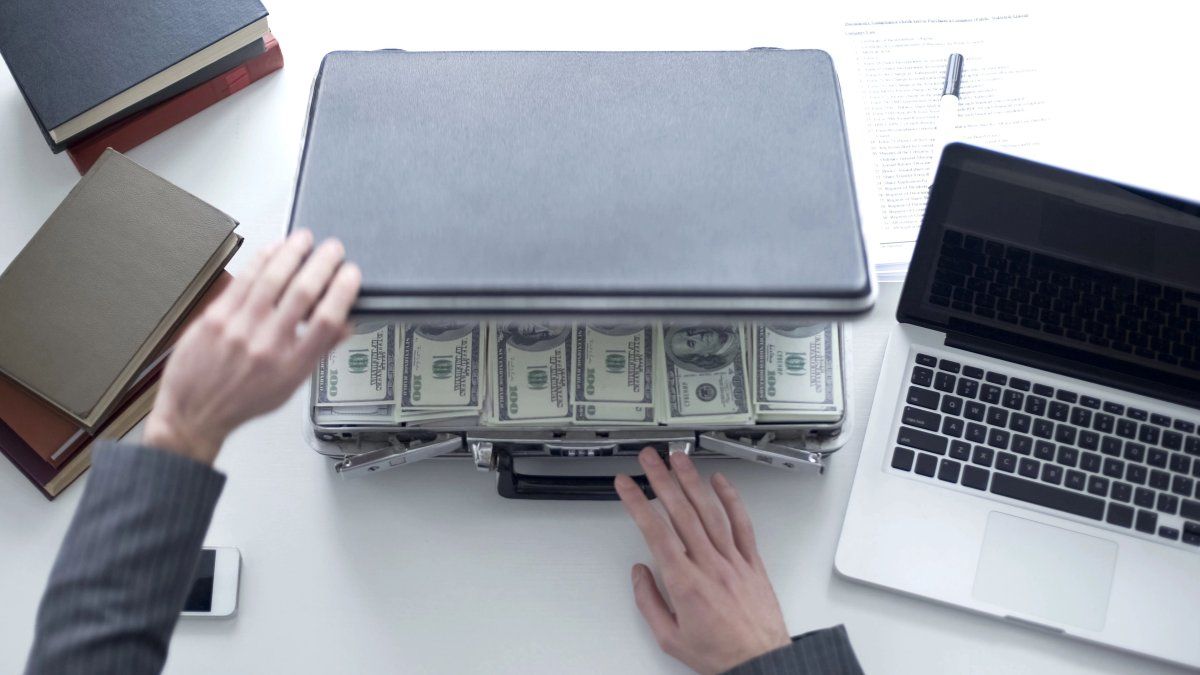Sources from the Buenos Aires government confirmed Axel Kicillof’s decision. They assure that going from money laundering to money laundering “does not generate a good tax culture.”
The province of Buenos Aires decided not to adhere to the money laundering that the government of Javier Milei is carrying out. As his Minister of Economy, Pablo López, anticipated to this medium, the governor Axel Kicillof did not include it in the tax bill he sent to the Legislature and he does not plan to do so in a separate initiative either.. This decision allows the Collection Agency of the Province of Buenos Aires (ARBA) to collect potentially unpaid provincial taxes from taxpayers who participate in the regularization of assets at the national level.
The content you want to access is exclusive to subscribers.
Other provinces are also beginning to define their positions regarding money laundering. Santa Fe will charge a rate of 2% for amounts greater than US$100,000, which it will use to grant tax benefits to compliant taxpayers. In the case of Neuquén, a progressive rate of between 0.75% and 1.25% will be charged. Salta established its own scheme with a rate of 10% of what has been taxed to the Nation and Mendoza adhered to the money laundering without establishing any special tax.


Contrary to these positions, Governor Kicillof decided not to adhere to the asset regularization regime. This was confirmed by sources from the provincial Executive to Ámbito. “Going from money laundering to money laundering every four or five years does not generate a good tax culture or incentives to comply,” They stood out in this regard.
Seven years ago the province already offered a remission included in its tax law, when María Eugenia Vidal was at the head of the provincial Executive. In 2017, Mauricio Macri managed to raise the record amount of US$117,000 million nationwide.
What information will the province be able to access?
Non-adherence to the national scheme will now allow ARBA to demand payment of potentially unpaid taxes. by the taxpayers who participated in the Asset Regularization Regime launched months ago by the Milei government. Among them are those linked to the activity, stamps and gross income, and property assets not declared as real estate.
The Buenos Aires tax agency could obtain information from taxpayers through the collaboration agreements it has with the former AFIP. Although for now the Customs Collection and Control Agency (ARCA) did not release that data and Milei even flirted with the idea of deleting it from the databases.
As this media learned, ARBA will still be able to access the CUIT numbers of those who opened CERA accounts. This occurs because banks are obliged to provide this information. The difficulty would eventually be in knowing the final amounts laundered by each taxpayer.
Once the first stage of laundering was completed, some US$19 billion entered the system in some 300,000 special asset regularization accounts.. The second part will be valid until February 7, 2025, inclusive, and includes a 10% rate on the surplus of US$100,000.
Source: Ambito




